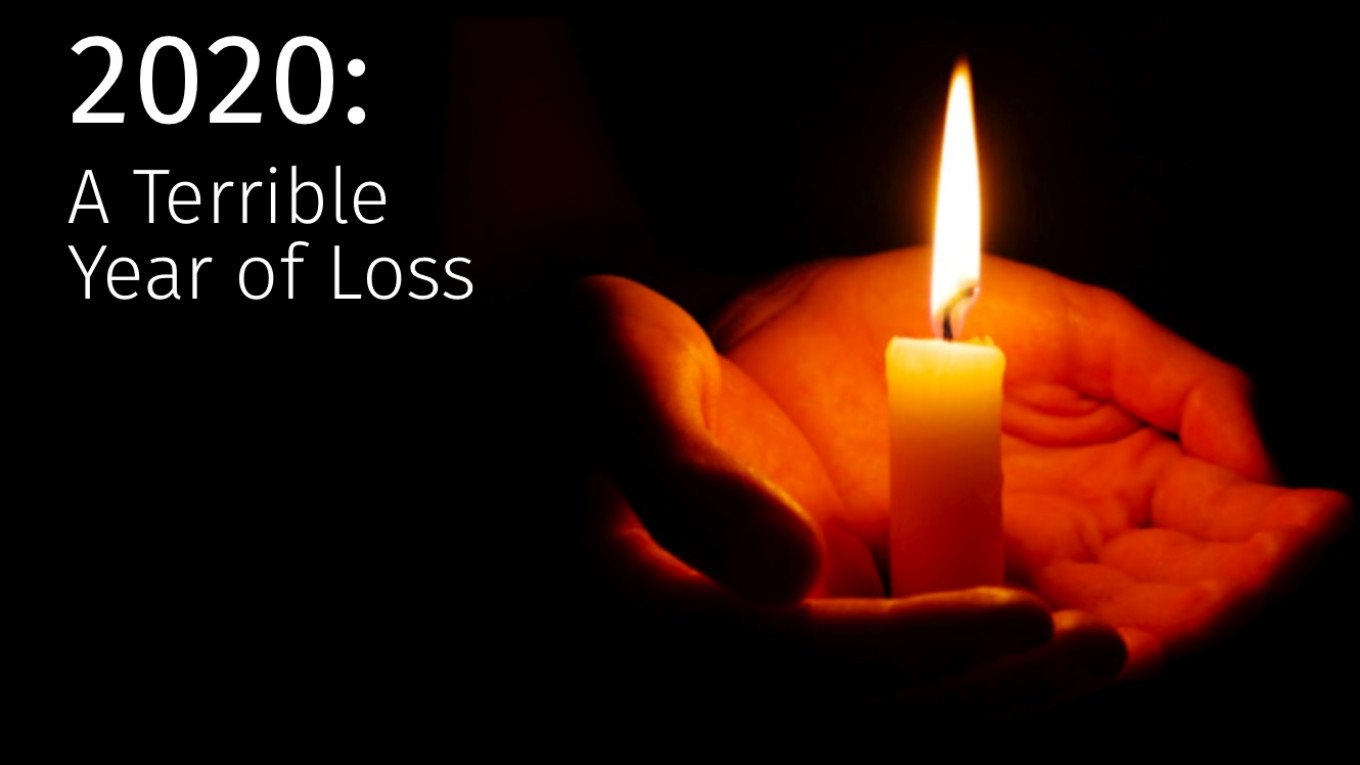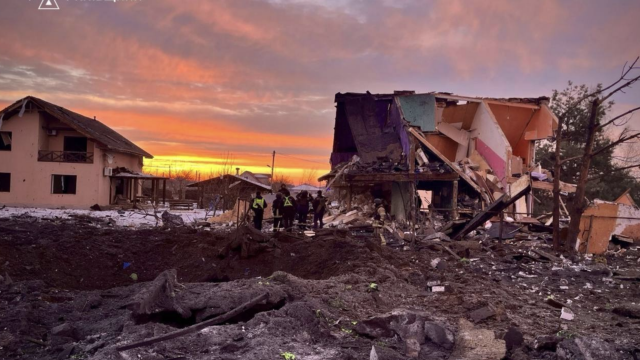In 2020 the number of deaths in Russia of prominent and beloved public figures was devastatingly high, many from the coronavirus, but some from other causes as well. The performing arts were particularly hard hit by Covid-19, since by the nature of the professions, people at work cannot be masked or socially distant. We honor the memories of the many people who passed away this year.
State and society
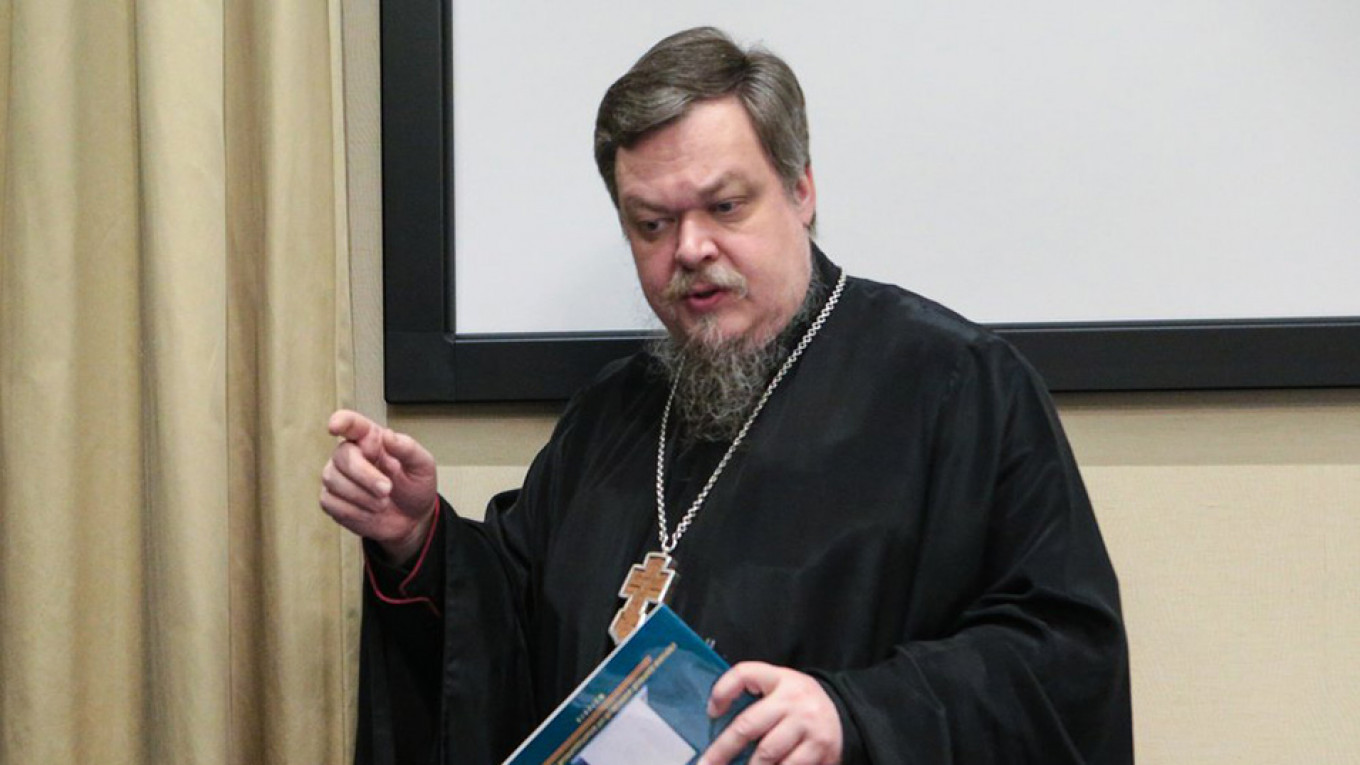
Archpriest Vsevolod Chaplin
Vsevolod Chaplin, the first Chairman of the Synodal Department for Church-Society Relations of the Moscow Patriarchate, and a member of the Patriarchal Council for Culture, died in Moscow on Jan. 26 at the age of 51. Born in Moscow in 1968, he graduated from the Moscow Theological Seminary. Chaplin worked within the church hierarchy for many years and was chairman of the Synodal Department for the Cooperation of Church and Society of the Moscow Patriarchate from 2009 to 2015. He held extremely conservative and nationalist views.
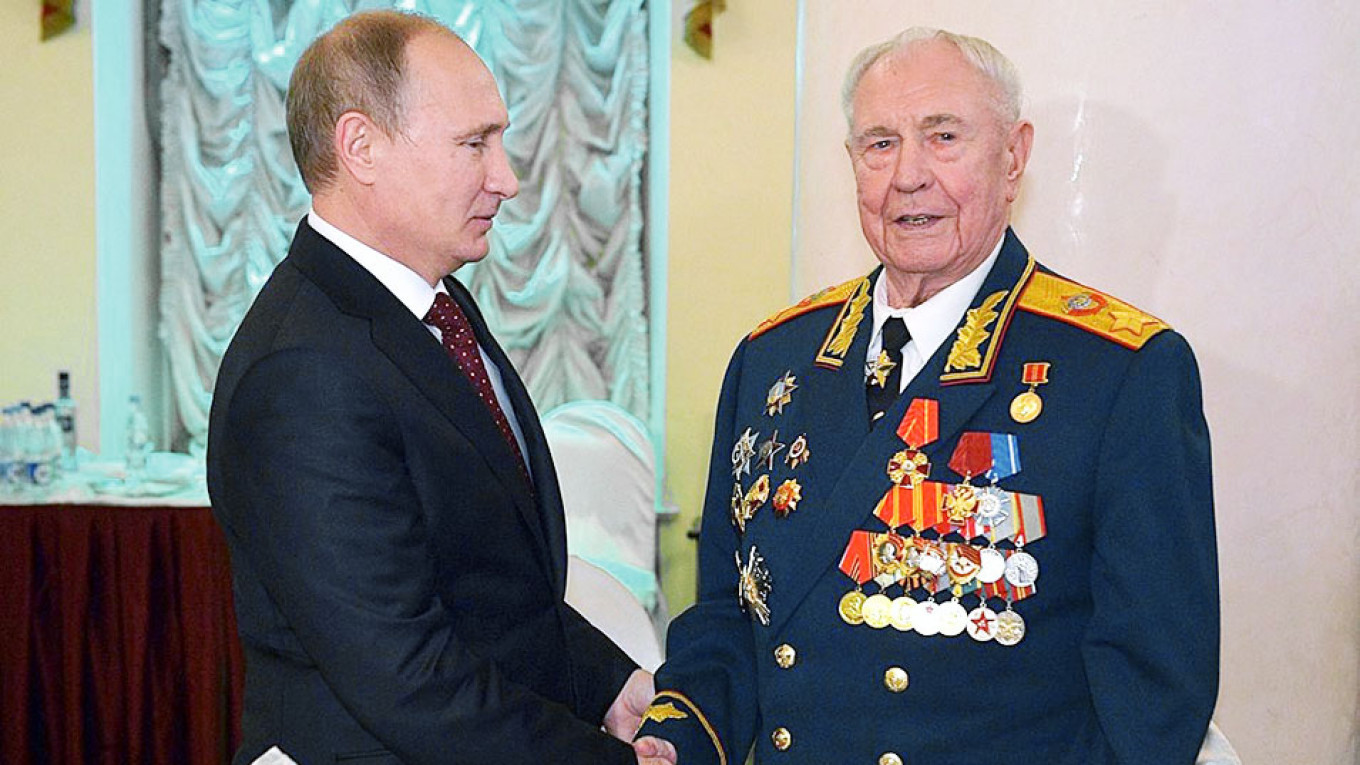
Dmitry Yazov
Dmitry Yazov, the last appointed Marshal of the Soviet Union, died on Feb. 25 in Moscow after a long illness. With a career extending from the Siege of Leningrad to the 1991 August Coup, Yazov was one of the most decorated and controversial Russian military figures of the twentieth century. A dedicated communist and staunch conservative, Yazov disapproved of perestroika and was part of the “Gang of Eight,” a committee of high-ranking Soviet officials who fomented the 1991 coup against general secretary Mikhail Gorbachev. He was imprisoned for 18 months before being granted amnesty by President Boris Yeltsin. In 2019, Yazov was sentenced in absentia to 10 years imprisonment for war crimes relating to his involvement in the violent Soviet military offense against members of the 1991 Lithuainian pro-independence movement. The last Marshal of the Soviet Union, he was buried in the Federal Military Memorial Cemetery.
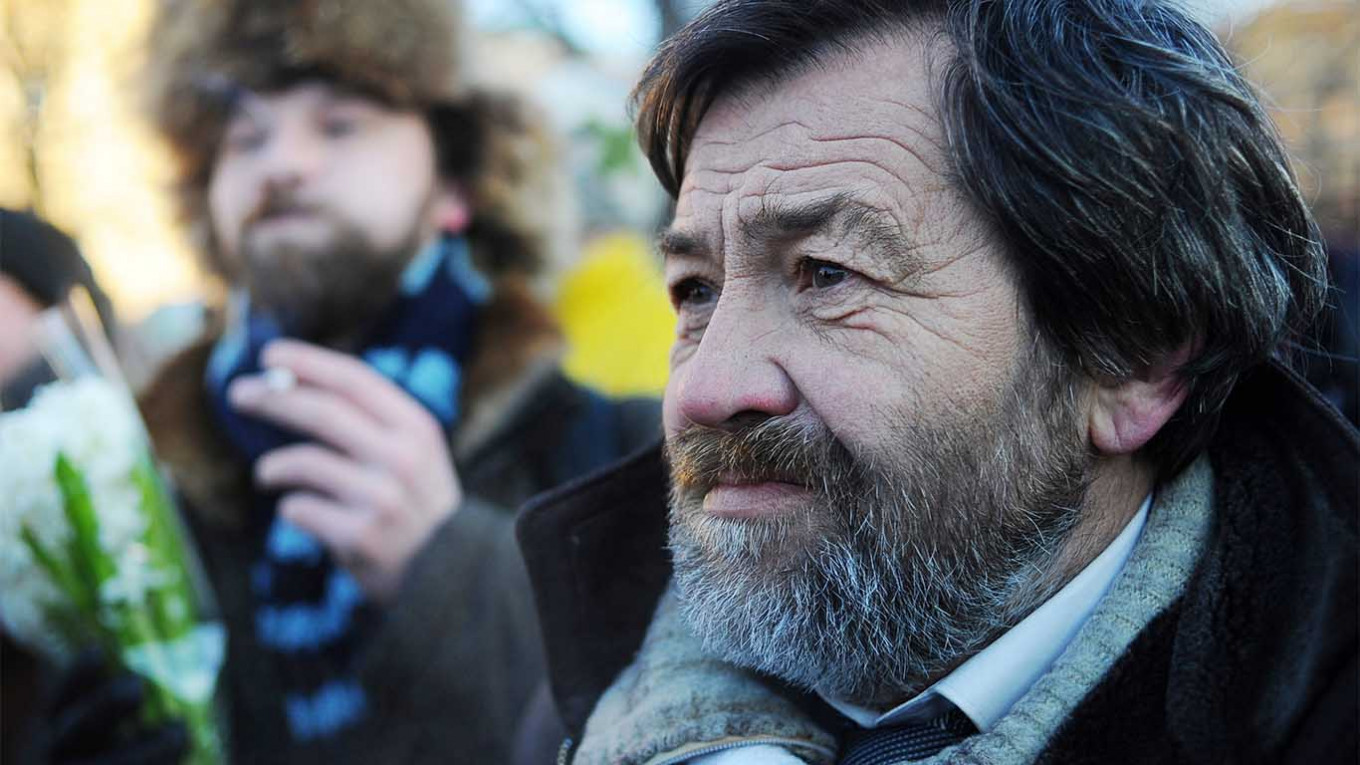
Sergei Mokhnatkin
Russian opposition activist Sergei Mokhnatkin, who alleged abuse during his years in prison, died on May 29 after a long illness at age 66. An engineer by profession, Mokhnatkin attempted to defend a woman being beaten by police during a protest for the right to peaceful assembly in 2009. Although he had not participated in the demonstration, he was twice sentenced for attacking police to jail terms totaling seven years. In prison he alleged beatings by guards, which eventually led to his death, according to his widow.
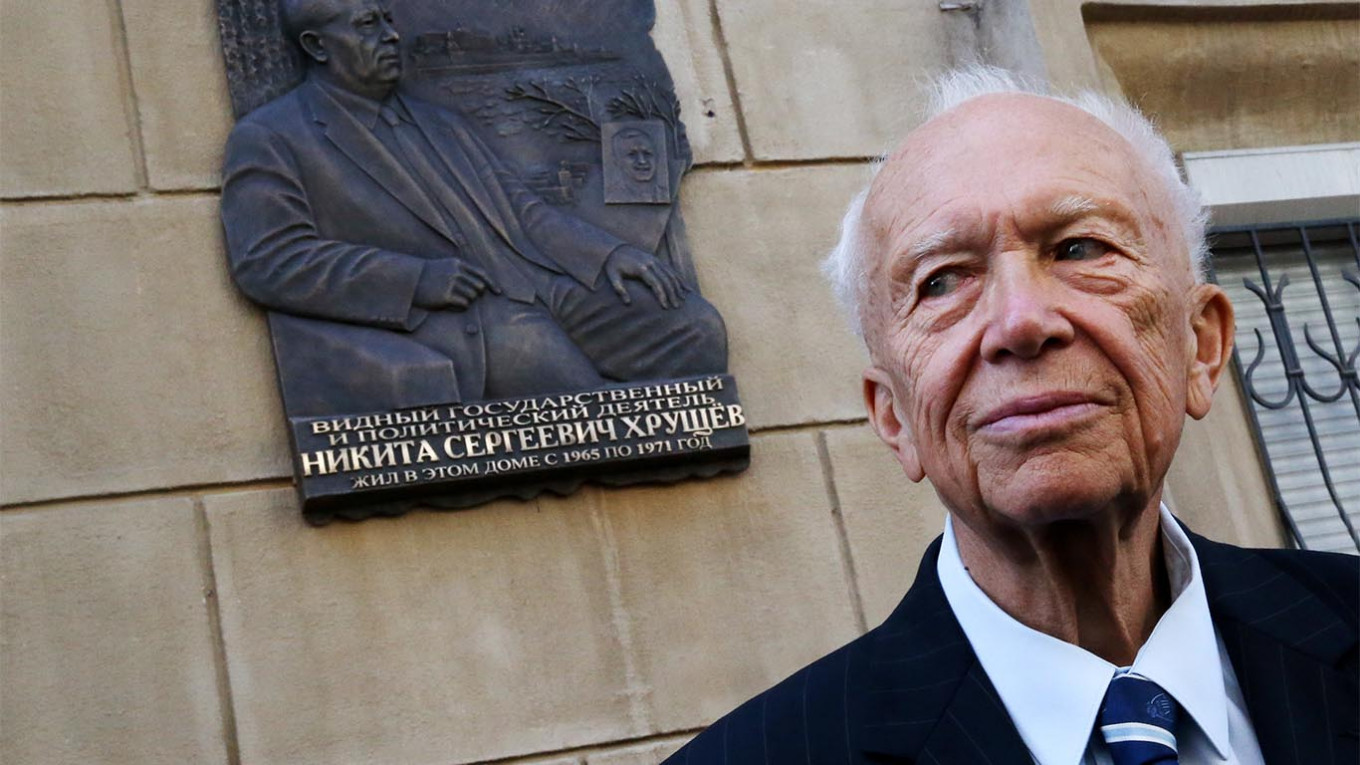
Sergei Khrushchev
Sergei Khrushchev, the son of former Soviet leader Nikita Khrushchev, has died in the United States at age 84, his granddaughter told the RBC news website Thursday. His granddaughter Nina Khrushcheva told RBC that Khrushchev died in the city of Cranston, R.I., but did not disclose the cause of his death. A noted scientist and author who developed guidance systems for missiles, submarines, spacecraft and moon vehicles as a rocket engineer in Moscow, he is survived by his wife Valentina and son Sergei.
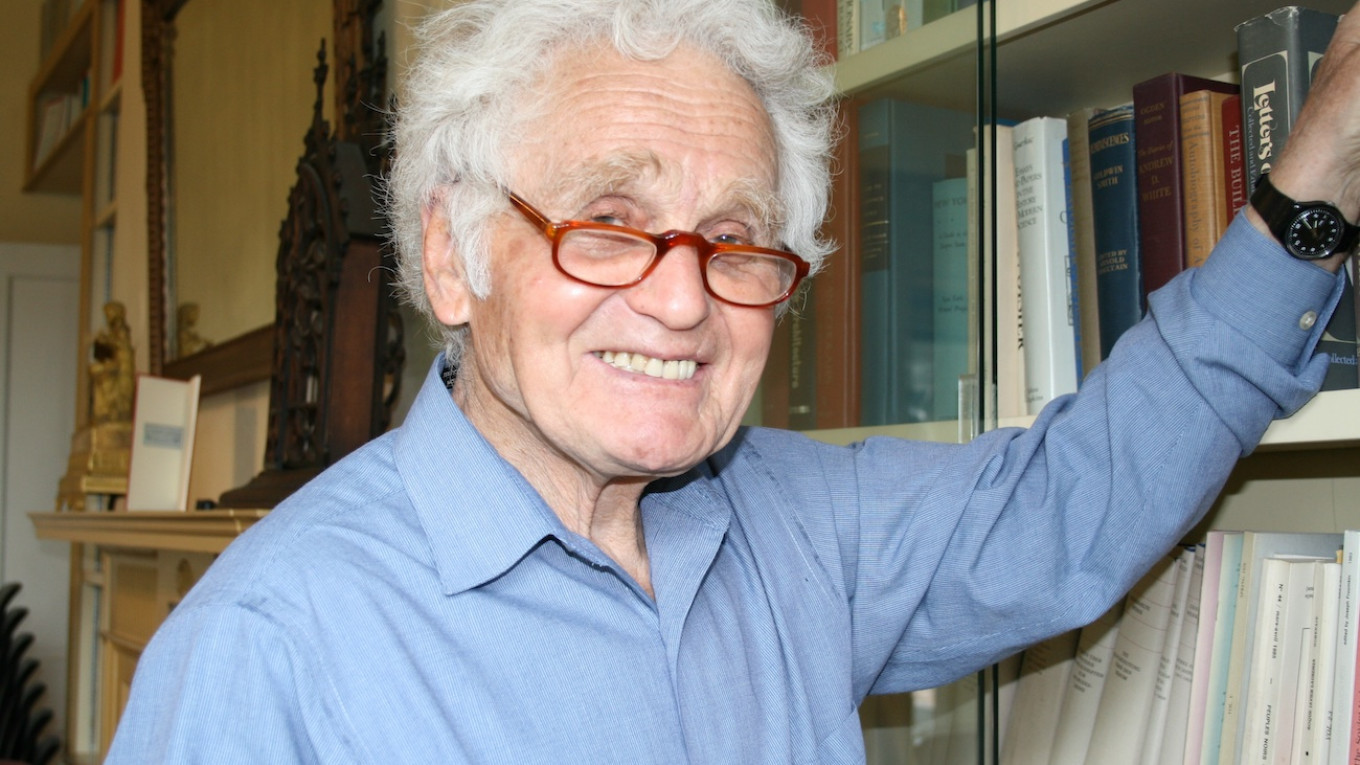
Yury Orlov
At the age of 96, Yury Orlov, a Soviet physicist, dissident and one of the founders of Russia’s oldest human rights organizations, died on Sept. 27. A prominent physicist and educator, Orlov was sentenced to a Gulag camp in 1977 for “anti-Soviet agitation and propaganda.” He was freed in 1986, stripped of Soviet citizenship and deported to the United States as part of a prisoner swap. He was a senior scientist and professor of physics and government at Cornell University until his passing. Orlov co-founded the Soviet branch of Amnesty International before founding the Moscow Helsinki Group with other dissidents in 1976.
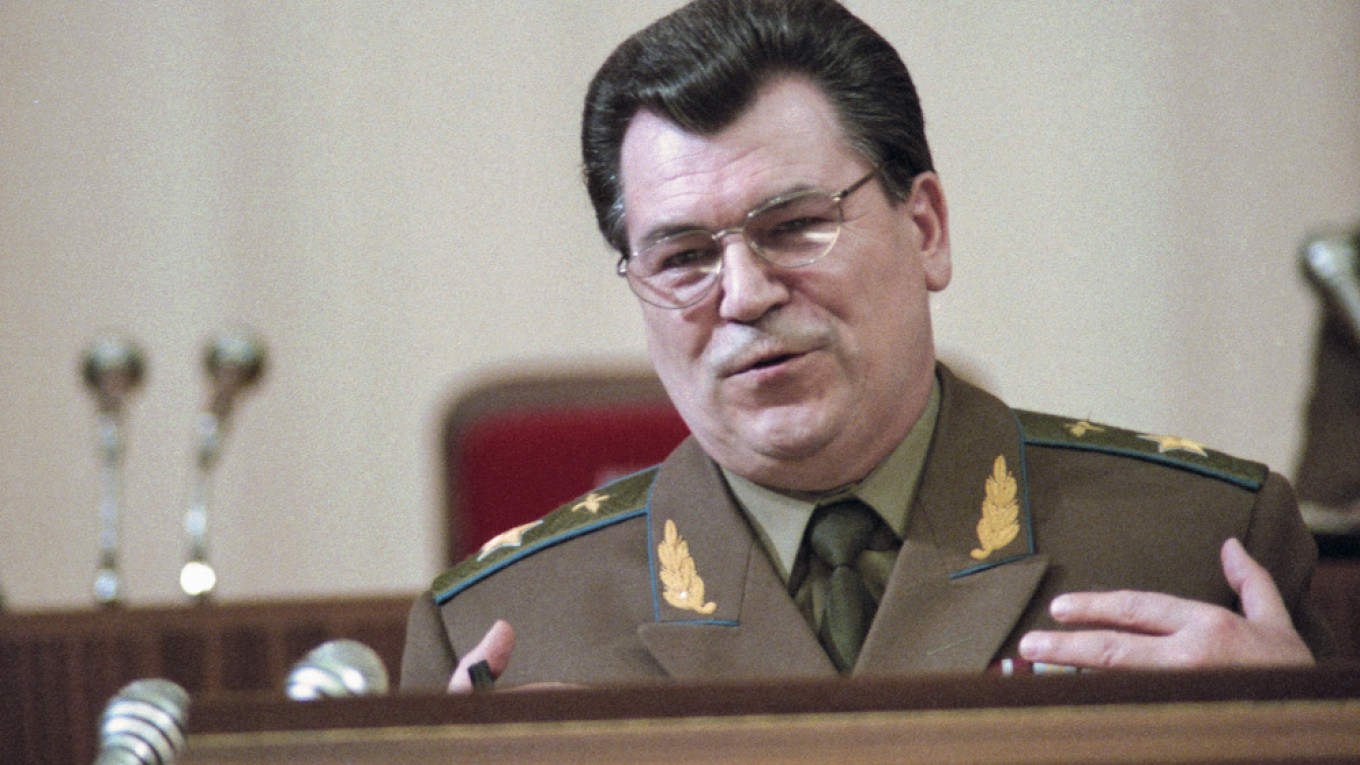
Yevgeny Shaposhnikov
On Dec. 8, Yevgeny Shaposhnikov, the last Defense Minister of the Soviet Union and a Marshal of Aviation, died at age 78 from Covid-19. After an illustrious career in the Soviet Air Force, Shaposhnikov spoke out against the State Emergency Committee and its coup attempt in 1991. He held a variety of posts in the Yeltsin and Putin administrations, including as a presidential assistant for space and aviation development. He also was an adviser and board member of civil aviation companies like Aeroflot and Sukhoi.
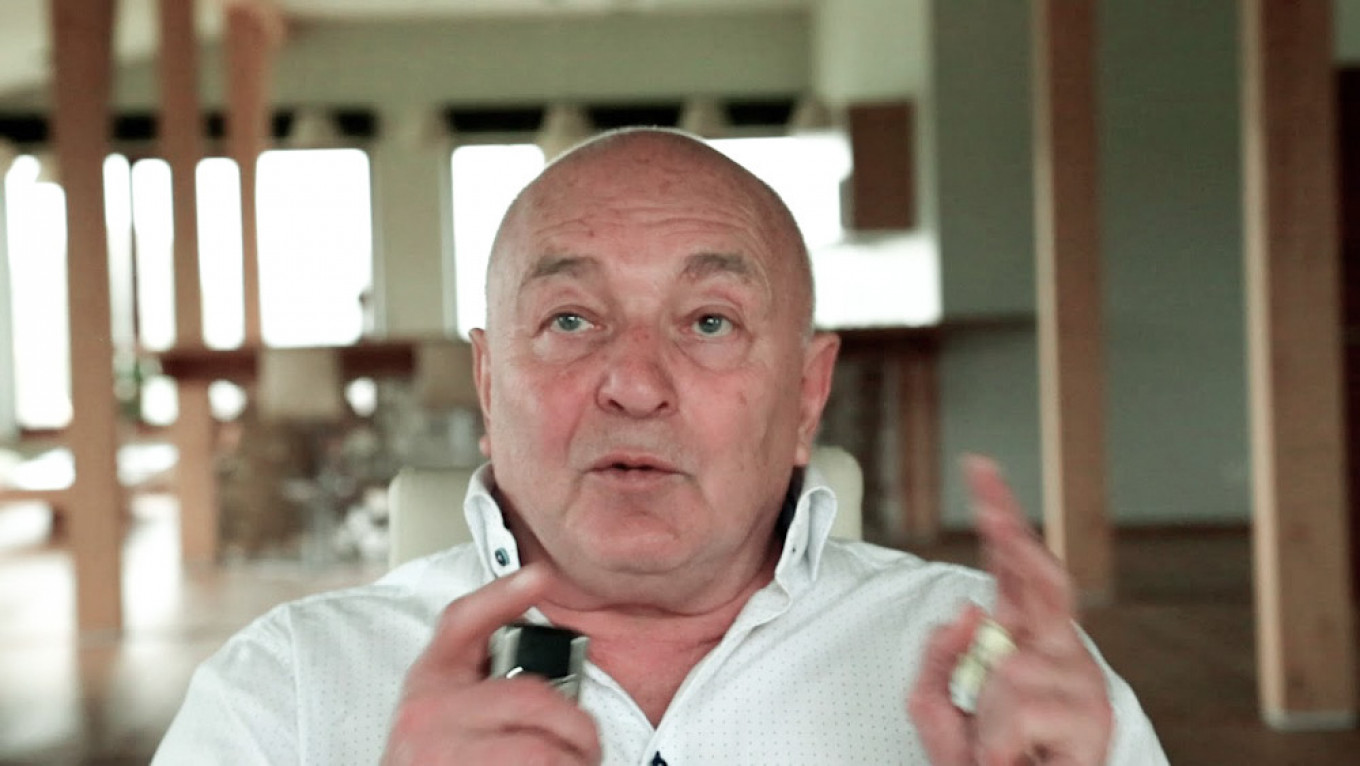
Boris Alexandrov
Boris Alexandrov, founder and CEO of the Rosagrocomplex group – one of the biggest Russian dairy producers - died at the age of 73 from Covid on Nov. 30. Most famous for his very popular line of glazed sweet cheese souffles in packaging that harkened back to the pre-Revolutionary era, Alexandrov worked for two decades as a doctor before radically switching professions. He was, until his illness, a vocal Covid-denier.
Academia and sciences
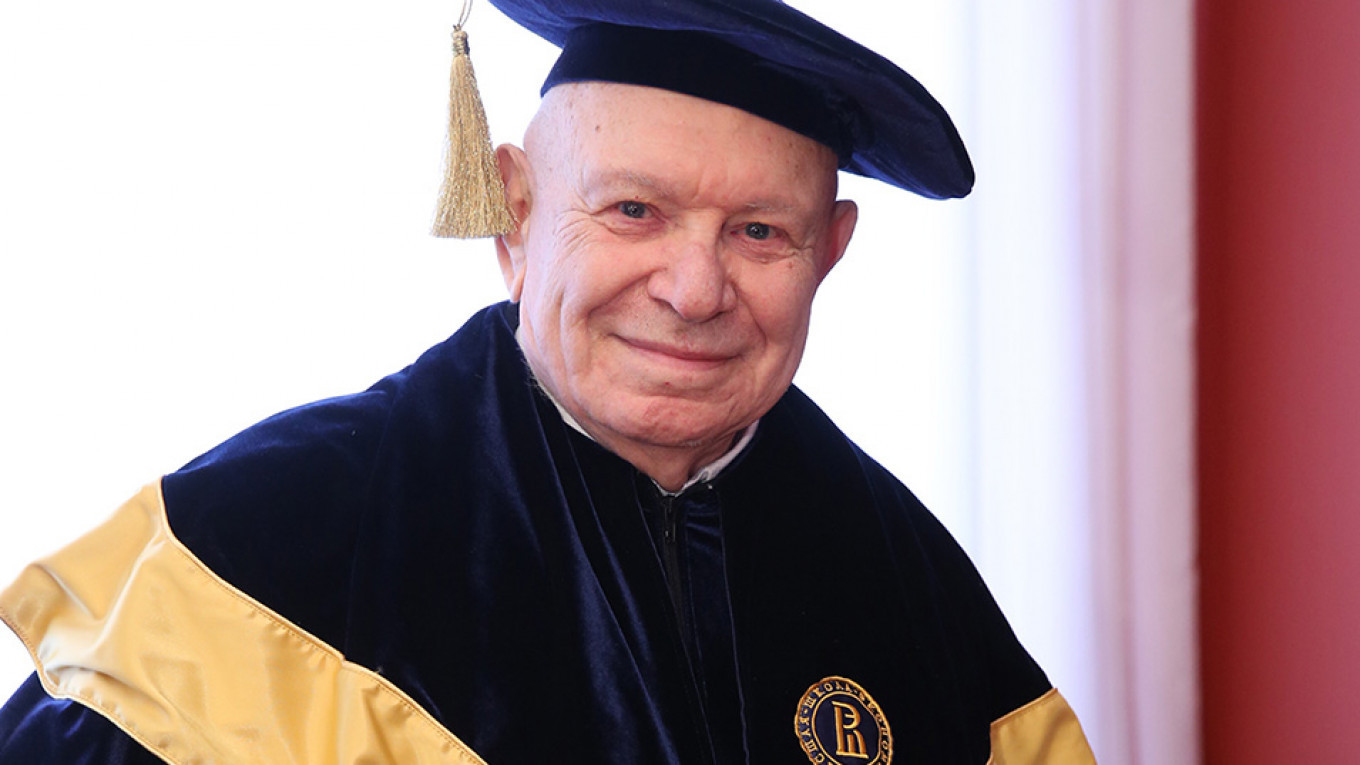
Teodor Shanin
Teodor Shanin, a renowned scholar and president of the Moscow School for the Social and Economic Sciences — “Shaninka” — died on Feb.4 in Moscow at the age of 89. Born in Vilnius (then Poland) in 1930, Shanin was exiled to Siberia together with his mother in 1941 following the arrest of his father. He would eventually study in Poland, France, Palestine, and the United Kingdom, where he completed a Ph.D. in 1970. He is considered the originator of peasant studies and an innovator in higher education in Russia.
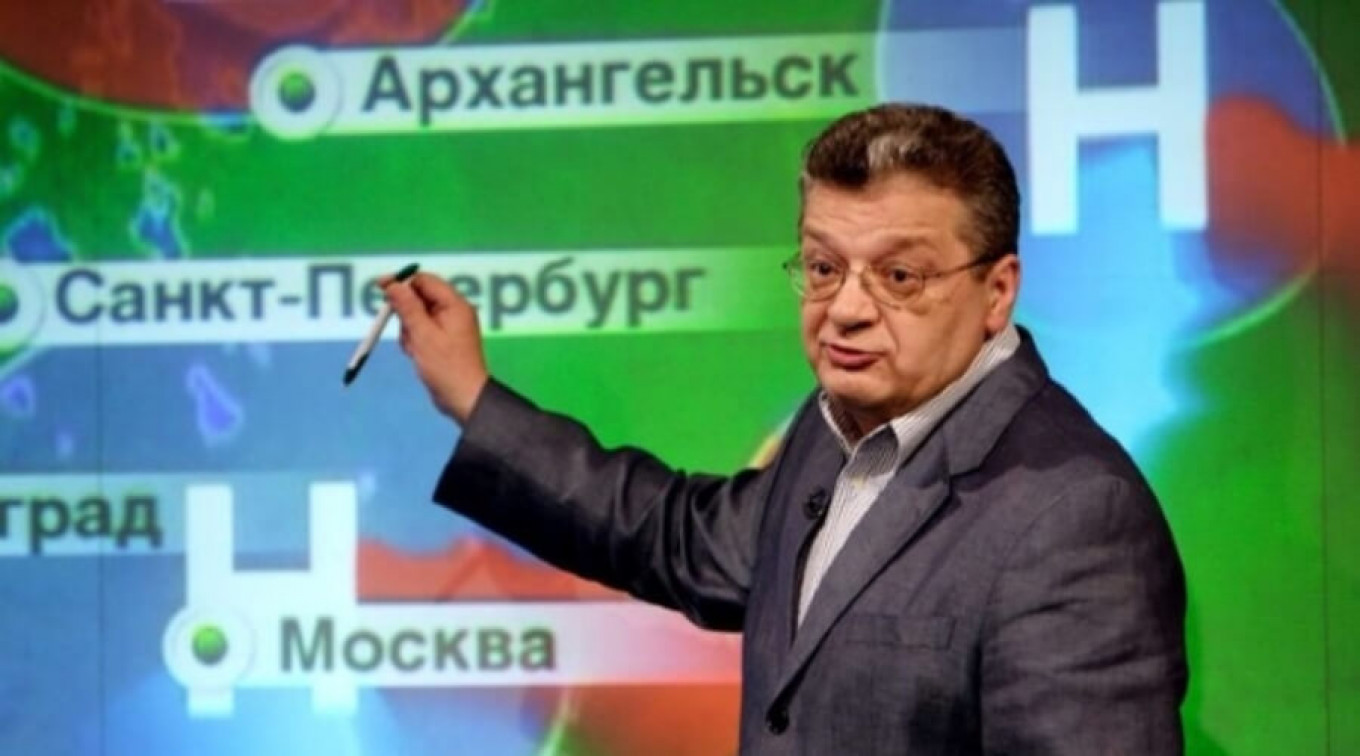
Alexander Belayev
Russian TV personality and popular weather forecaster Alexander Belyaev died on July 20 in Moscow. Belyaev had reportedly been suffering from cancer since 2011. A specialist in hydrology, he worked in research institutes until the late 1980s, when he founded a company that produced weather infographics for the Russian media. Later he was invited to go on air for channel NTV, where he became the country’s most popular weatherman.
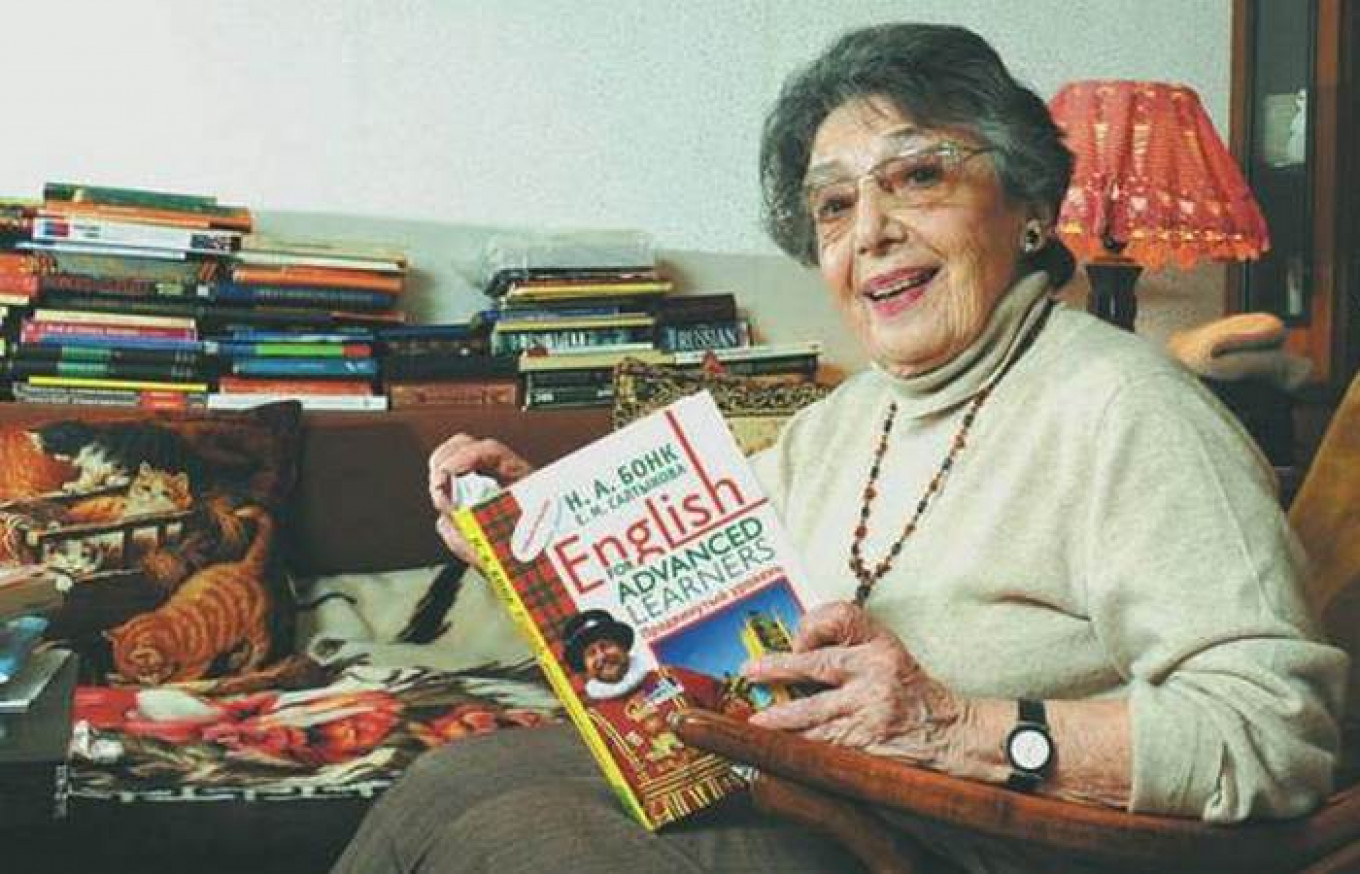
Natalia Bonk
Natalia Bonk, a renowned Russian linguist and author of the most popular English textbook in the Soviet Union, died at the age of 96 on Nov. 21 in Moscow. After working for many years at the Russian Foreign Trade Academy, she and her colleagues wrote a unique English textbook “that helped millions of Soviet and then Russian people" to master foreign language, the Gorky Literary Institute said in a statement. In the 1990s, she created another iconic textbook "English Step By Step," which is still the standard reference book for English-language learners. Her books were so popular in the Soviet Union that people puts ads in local newspapers to barter valuables for copies of her textbooks.
Culture
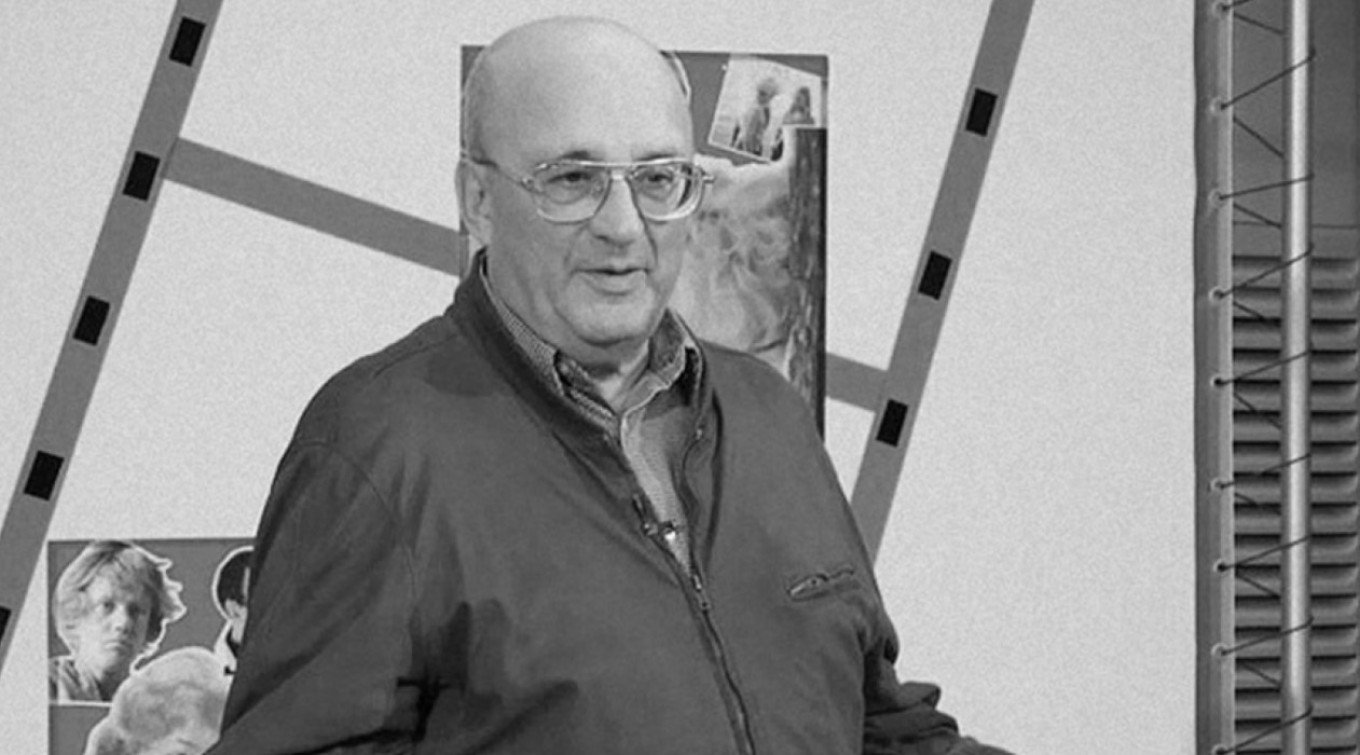
Konstantin Bromberg
Soviet and Russian filmmaker Konstantin Bromberg — director of the children’s cult movies “The Adventures of the Robot Electronic” and “Wizards” — died in the United States at the age of 80 on Jan. 10. This was announced by Mikhail Idov, Russian director and screenwriter. Bromberg was born on Oct. 17, 1939 in Kharkov, Ukraine and graduated from the screenwriting department of the State Film School in 1965. He worked as a journalist and television director.
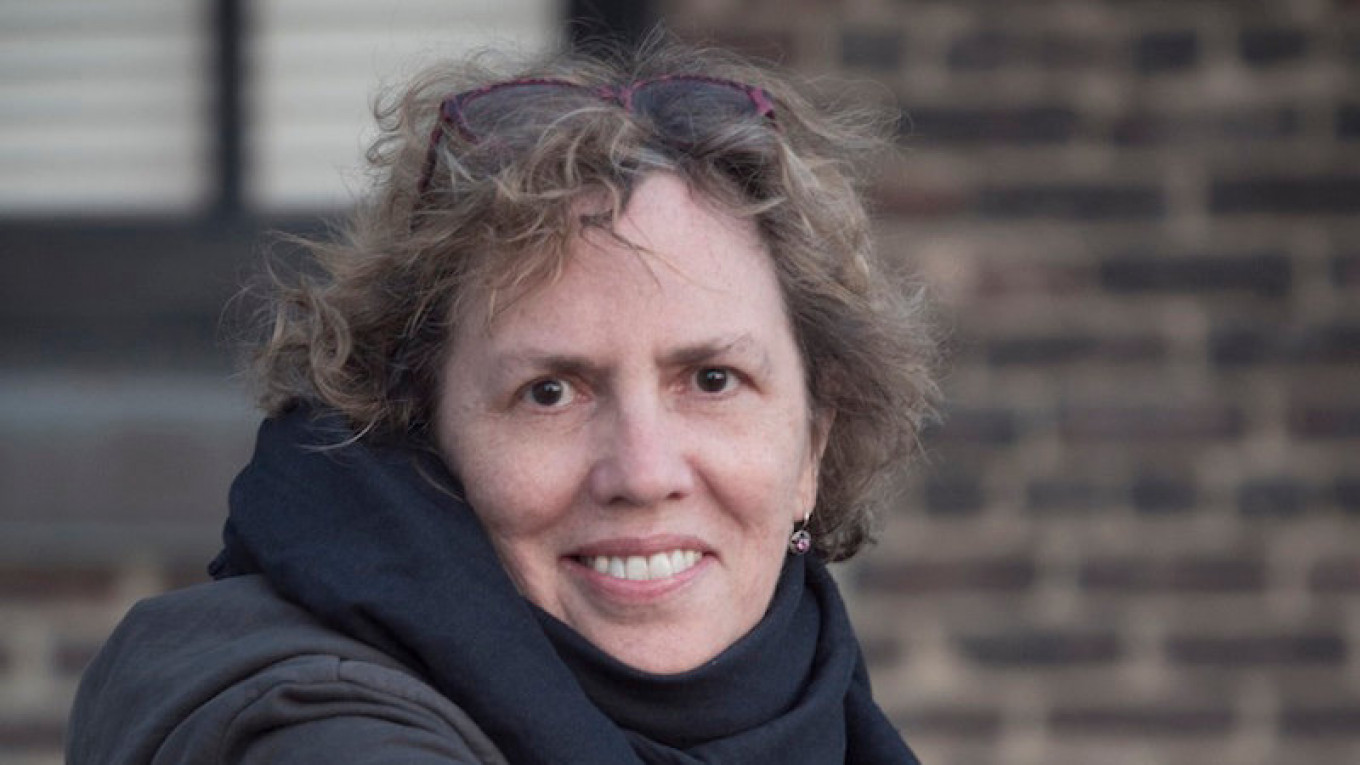
Jamey Gambrell
Jamey Gambrell was a renowned translator of Russian literature into English, as well as a distinguished writer and art critic. She was best known for her translations of novels by Tatyana Tolstaya and Vladimir Sorokin, as well as her complete translation of Marina Tsvetayeva's “Earthly Signs: Moscow Diaries, 1917-1922.” She was one of translators and editors of A-Ya, the first journal covering underground Soviet art, and wrote and translated extensively about the topic. At the end of her life she was an editor at Art in America. She was a winner of the Thornton Wilder Prize for Translation of the American Academy of Arts and Letters. She died on cancer on Feb. 15 at the age of 65.
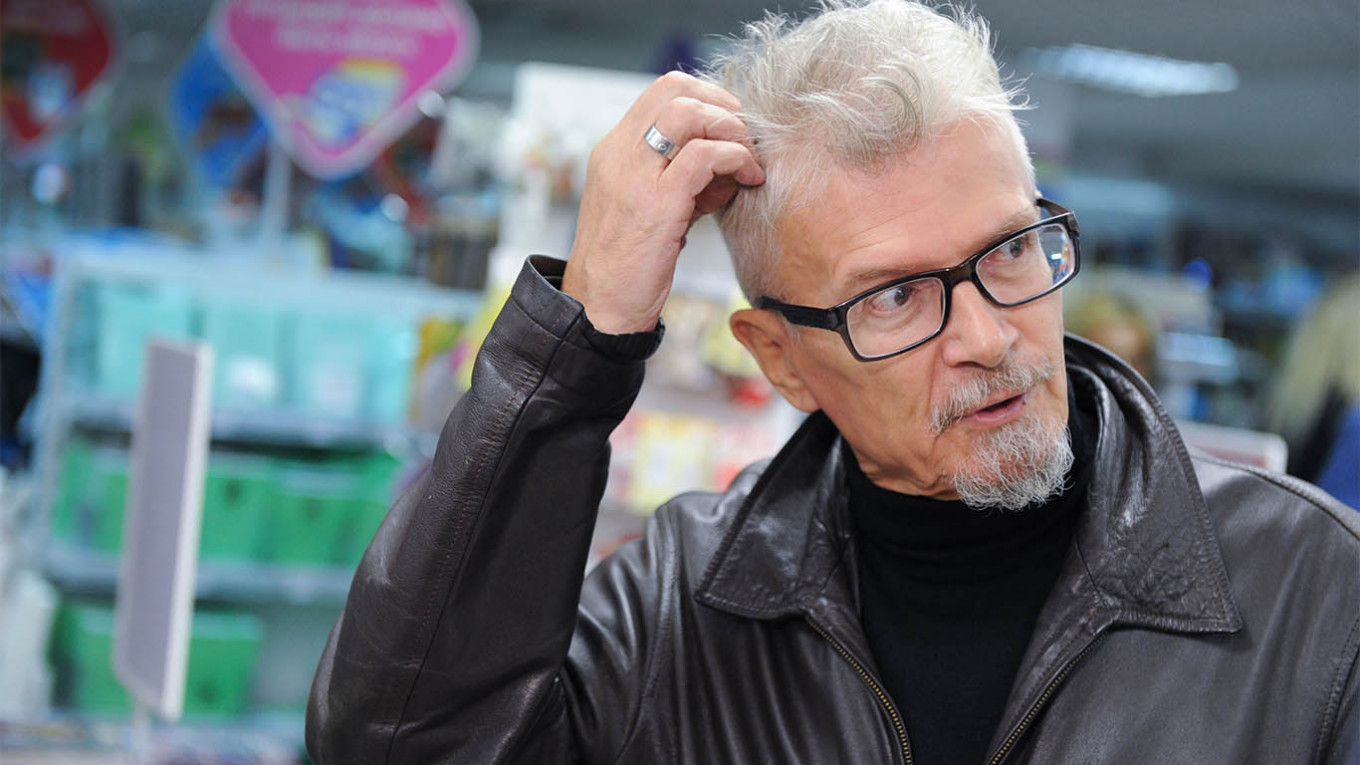
Eduard Limonov
On March 17, writer and political activist Eduard Limonov died in Moscow of cancer at age 77. Limonov was born Eduard Veniaminovich Savenko in 1943 in Dzerzhinsk. After moving to Moscow in 1967, he supported himself in a variety of manual jobs and self-published poetry and prose. In 1974, he emigrated to the U.S., where he wrote the ground-breaking book “It’s Me, Eddie!” He was author of more than 15 works of fiction and hundreds of articles. Upon his return to Russia in the early 1990s, Limonov became involved in politics, founding the right-wing, nationalist National Bolshevik Party and then, after it was disbanded by court order, the Other Russia party. A polarizing figure, Limonov was on the side of Serbs, Abhazians, the Pridnestrovian Moldavian Soviet Socialist Republic; he defended the Berkut officers who shot protesters on the Maidan in 2013 and supported both the annexation of Crimea and the war for separatism in the Donbass. He was buried in a private ceremony in Moscow.
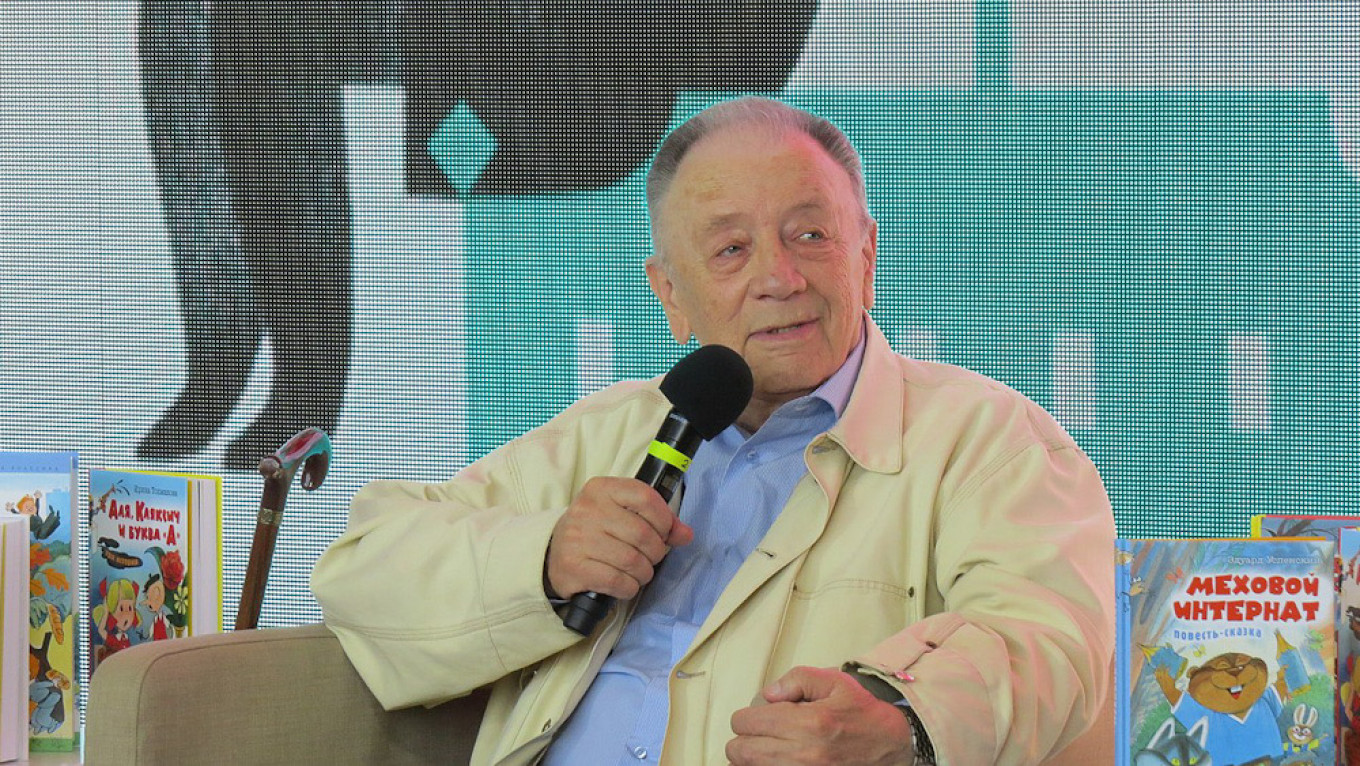
Viktor Chizhikov
Viktor Chizhikov, the Russian illustrator behind the memorable Mishka bear mascot of the 1980 Moscow Olympics, died on July 20 at the age of 84. The publisher AST Deti announced his death on Facebook, calling him the "brightest representative of the post-war generation of book illustrators." Born in Moscow to architect parents, Chizhikov started out as a cartoonist whose work appeared in the satirical magazine Krokodil, aimed at adults, as well as in numerous children's publications with print-runs of millions. He illustrated a Soviet version of Hugh Lofting's "Doctor Dolittle" as well as the Soviet versions of A.A. Milne's “Winnie the Pooh” books.
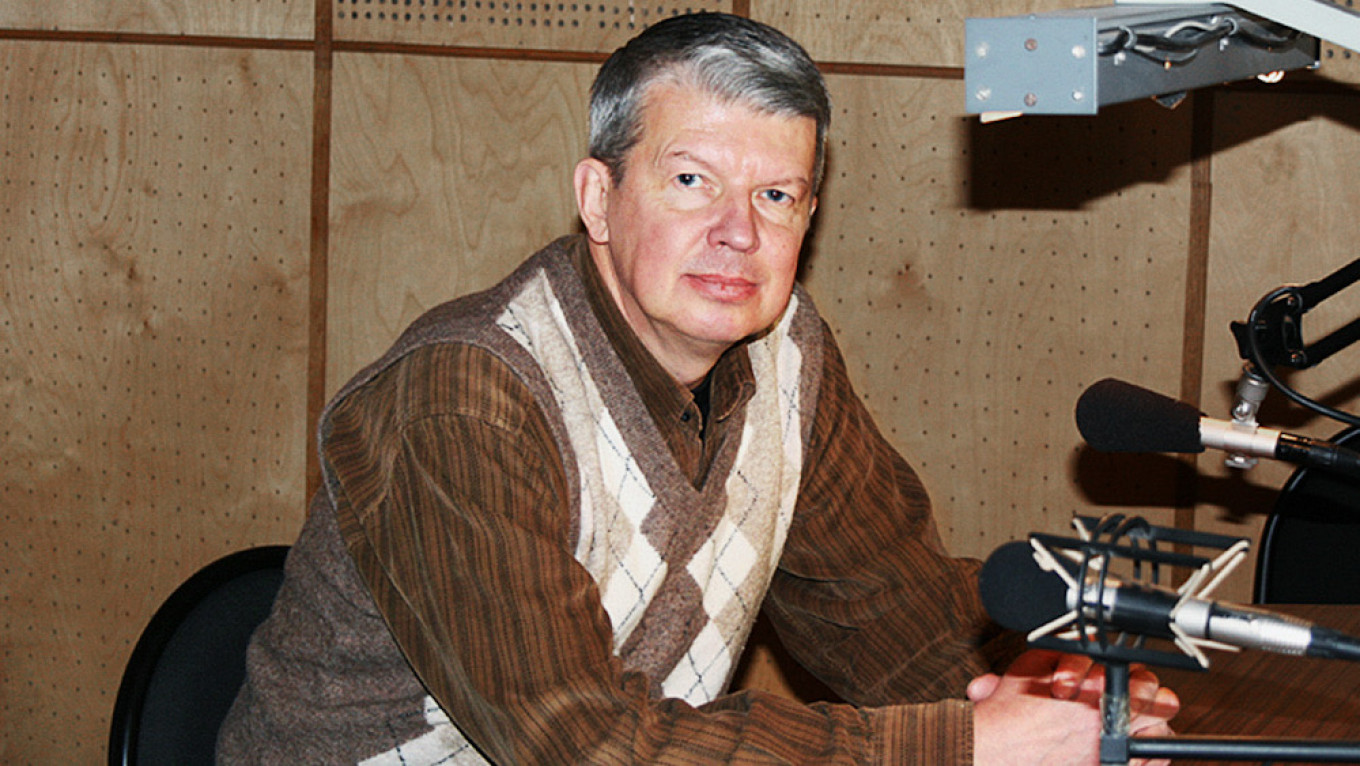
Alexei Mikheyev
The prominent writer and literary critic Alexei Mikheev died on Oct. 20 in Moscow. He was the author of many books on a range of topics and in a variety of genres, including "Meaning and Categorization” and "Dictionary of Russia. For Tourists and Others." Mikheyev was a well-known presenter and discussant on the radio station Ekho Moskvy and other media and served as editor-in-chief of Foreign Literature magazine. From 2009 to 2019 he was the editor-in-chief of the online source "21st Century Dictionaries."
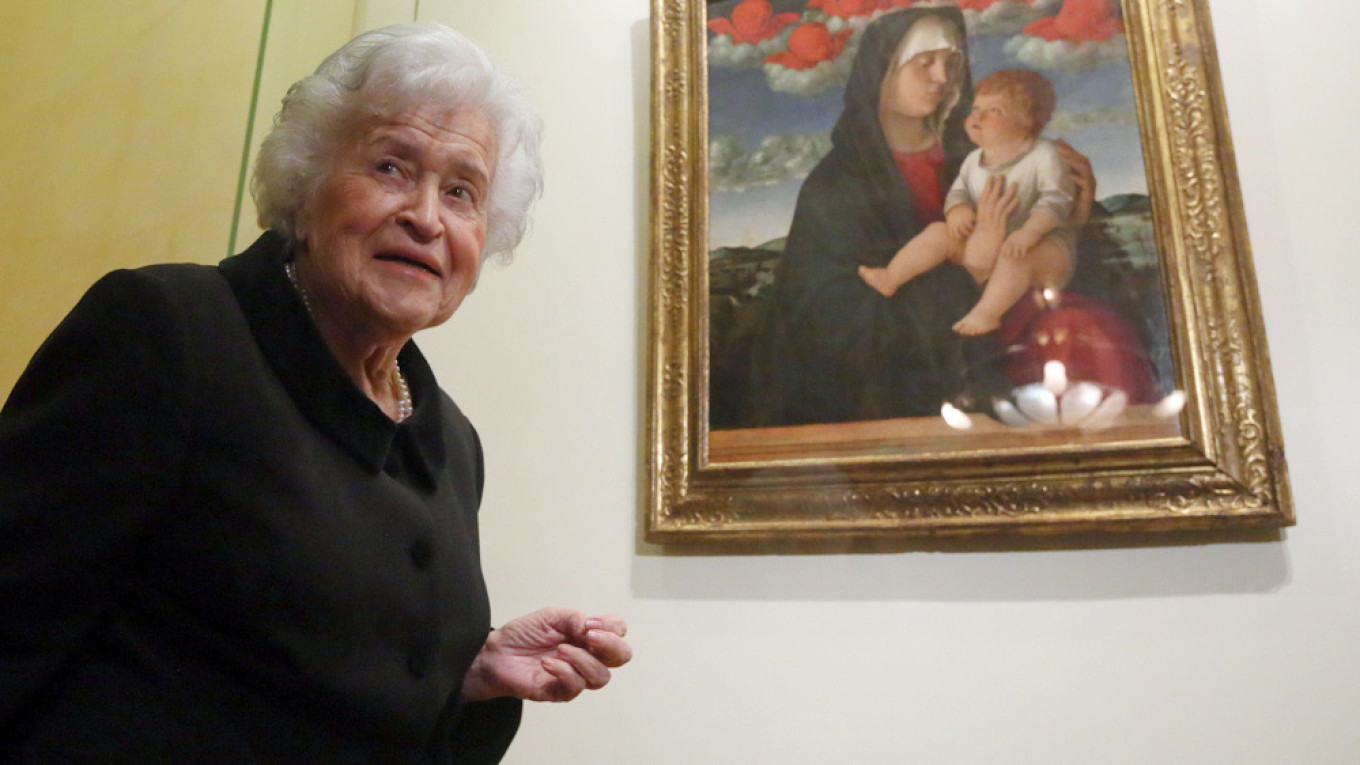
Irina Antonova
Irina Antonova, head of the Pushkin State Museum of Fine Arts for 52 years, died at the age of 98 on Nov. 30 from complications caused by the coronavirus. An expert in Renaissance art who graduated from the Moscow State University art history department, she joined the museum in 1945 and never left. She headed the museum from 1961 to 2013, developing landmark cooperation with foreign museums, bringing modern art to Moscow, and exhibiting Russian avant-garde art that had been warehoused in the context of international movements. She was a vocal opponent of restitution, and after first-hand experience with the Nazi destruction and looting of Russian art and architecture during the war, believed the museum had a right to whatever the Soviet army shipped to the Soviet Union at the end of the war. This included the “Schliemann gold,” which the museum admitted having only in 1994. Antonova opened the museum to concerts and events, and she expanded it to include the Museum of American and European Art, the Museum of Private Collections, and a children's art center. She was buried in the Novodevichy Cemetery in Moscow next to her husband and mother.
Performing arts
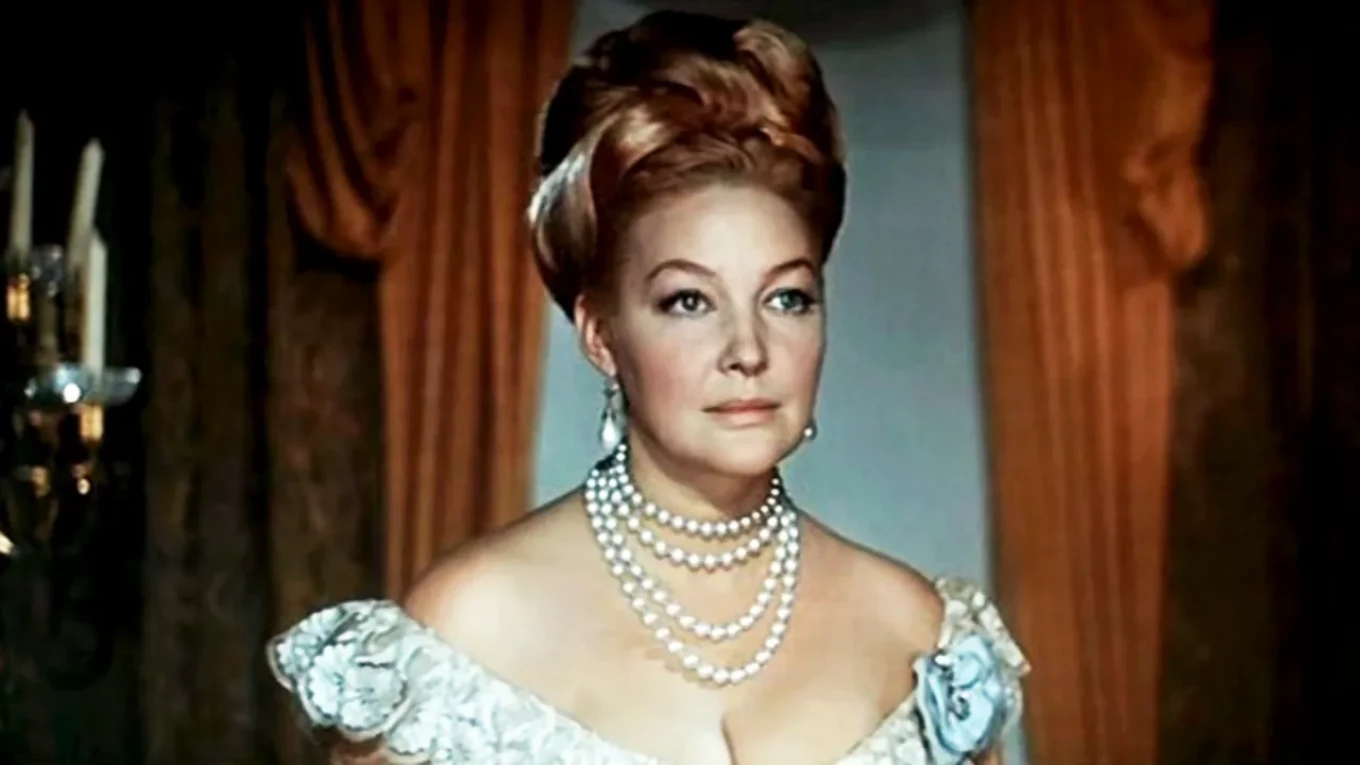
Irina Skobtseva
Soviet and Russian actress Irina Skobtseva, wife of the famous Soviet actor and film director Sergei Bondarchuk, died at the age of 93 on Oct. 20. She made her screen debut in 1955 as Desdemona in Sergei Yutkevich's film “Othello.” She starred in almost 80 Soviet movies including such iconic films as "The Gadfly"; "Zigzag of Success"; "White Nights", "Ordinary Man", "Mary Poppins, Goodbye", "Velvet Season", and "War and Peace."
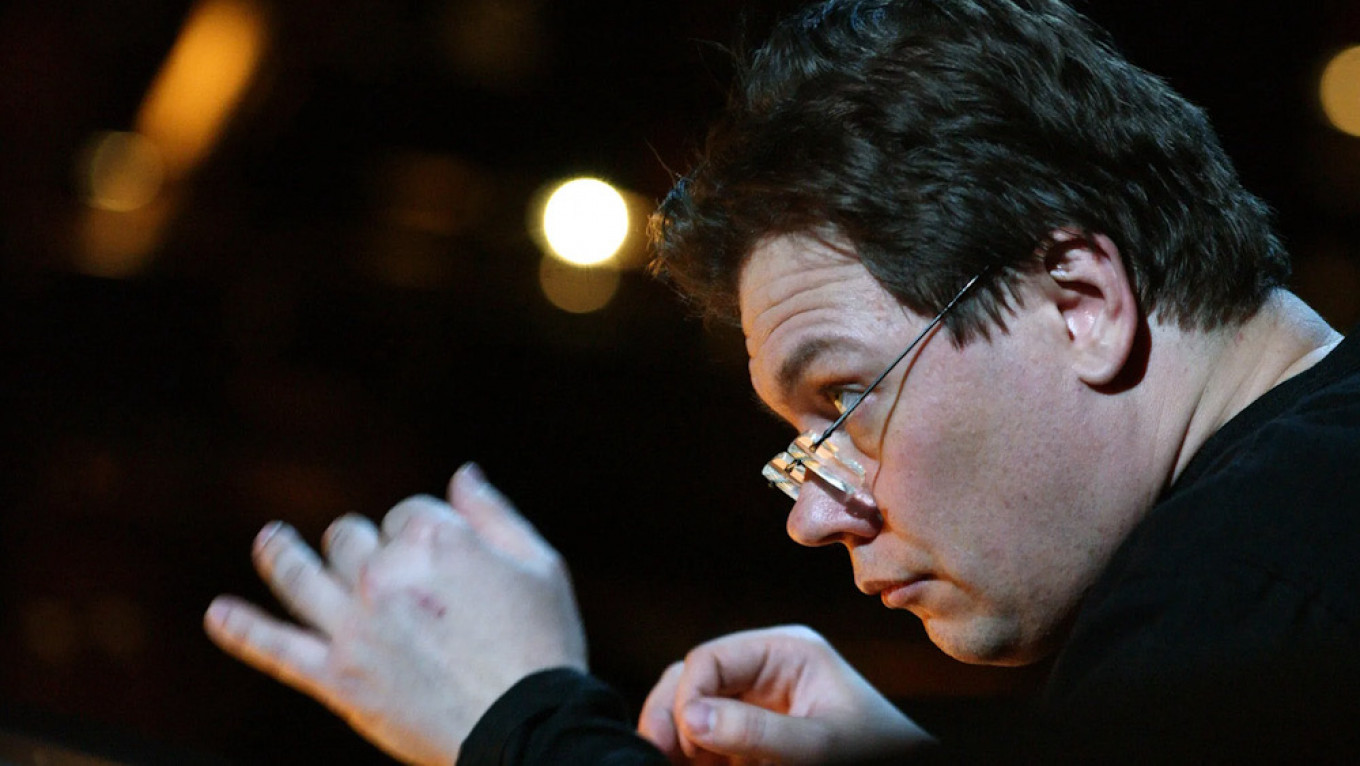
Alexander Vedernikov
The acclaimed Russian conductor Alexander Vedernikov, chief conductor and music director of the St. Petersburg Mikhailovsky Theater and the Royal Danish Opera, died in Moscow on Oct. 29 due to the coronavirus. He was 56 years old. Son of the famous opera singer Alexander Vedernikov and the pianist Natalia Gureeva, Vedernikov had an illustrious career. He began the Stanislavsky and Nemirovich-Danchenko Musical Theater in 1988, then conducted the Tchaikovsky Grand Symphony Orchestra before serving as the chief conductor and music director of the Bolshoi Theater from 2001 to 2009. For the next decade Vedernikov mostly conducted European orchestras and accepted the position at the Mikhailovsky Theater only last year.
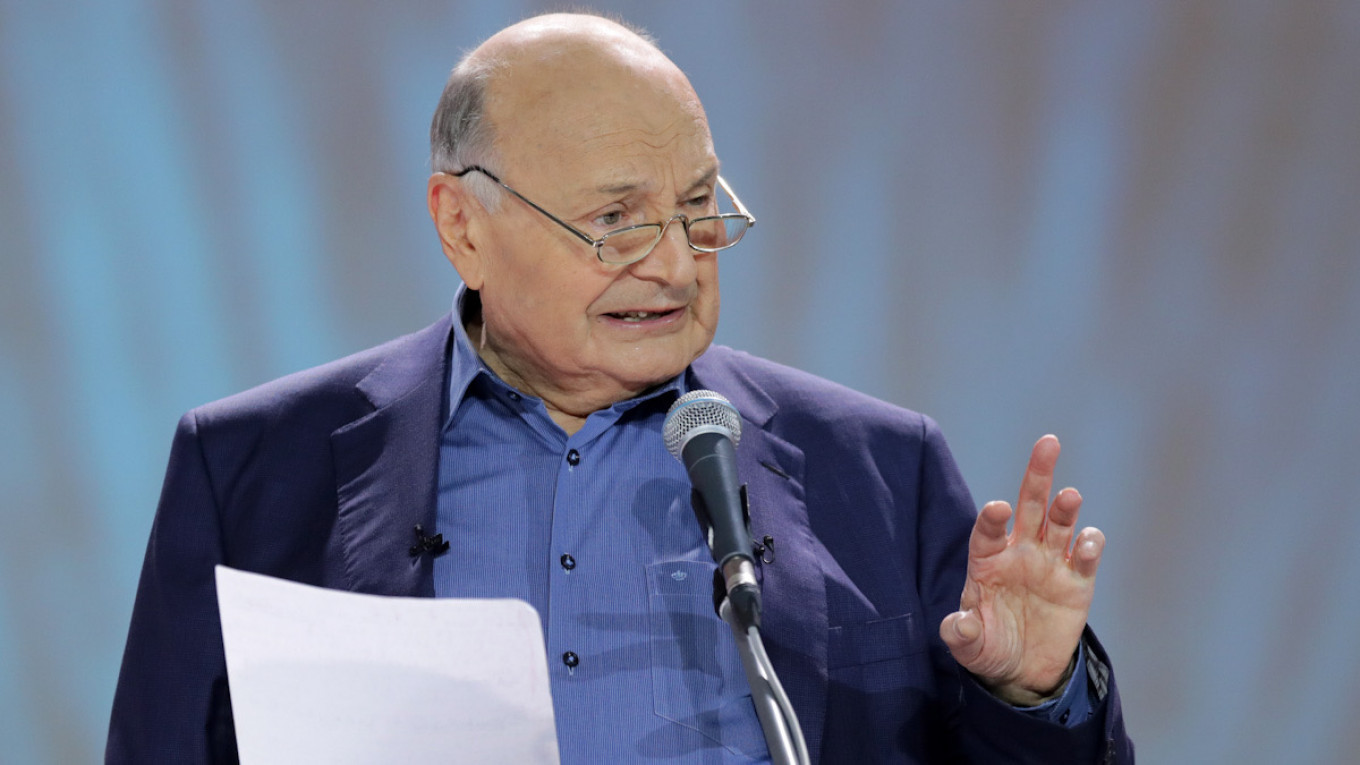
Mikhail Zhvanetsky
Beloved Soviet-era satirist Mikhail Zhvanetsky died from an unknown cause on Nov. 6 at age 86. Born in the Soviet Ukrainian city of Odessa on March 6, 1934, Zhvanetsky began performing monologues skewering everyday life in the Soviet Union in the 1960s. Zhvanetsky’s writing and performing career has earned him the honorary titles of People’s Artist of Russia and People’s Artist of Ukraine, in addition to numerous other awards and orders. He has retained popularity after the collapse of the Soviet Union with his caustic but light-hearted humor that stayed relevant in the modern age.
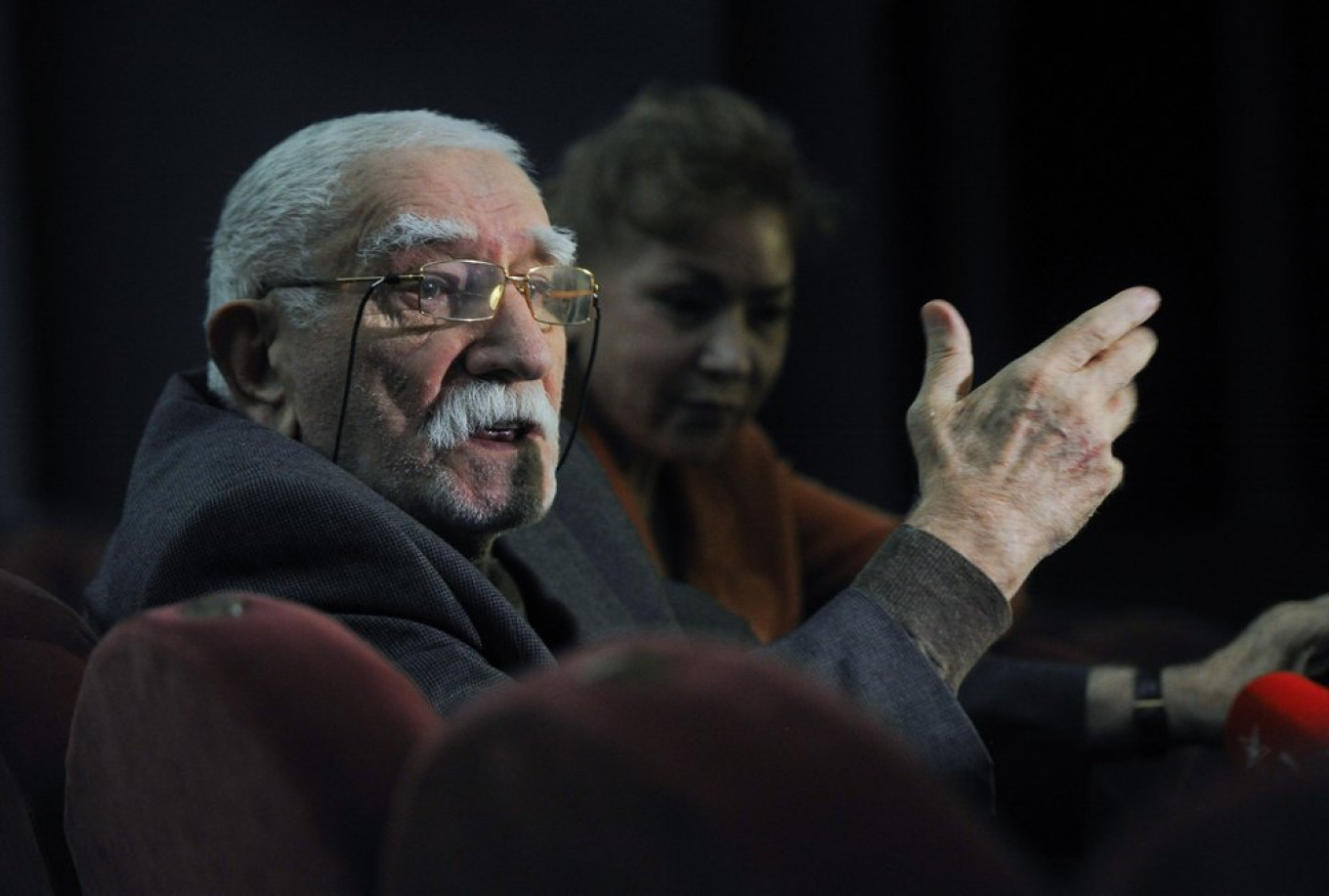
Armen Dzhigarkhanyan
Soviet and Russian actor Dzhigarkhanyan died on Nov. 14 at the age of 85. Born in 1935 in Yerevan, Armenia he graduated from the Yerevan Art and Theater Institute before launching his illustrious career in theater and cinema. In film he was most famous for "Crane"; "Hello, It's Me!"; "The Meeting Place Cannot Be Changed"; and "Hello, I Am Your Aunt!" Dzhigarkhanyan was president and artistic director of the Moscow Drama Theater since 1996.
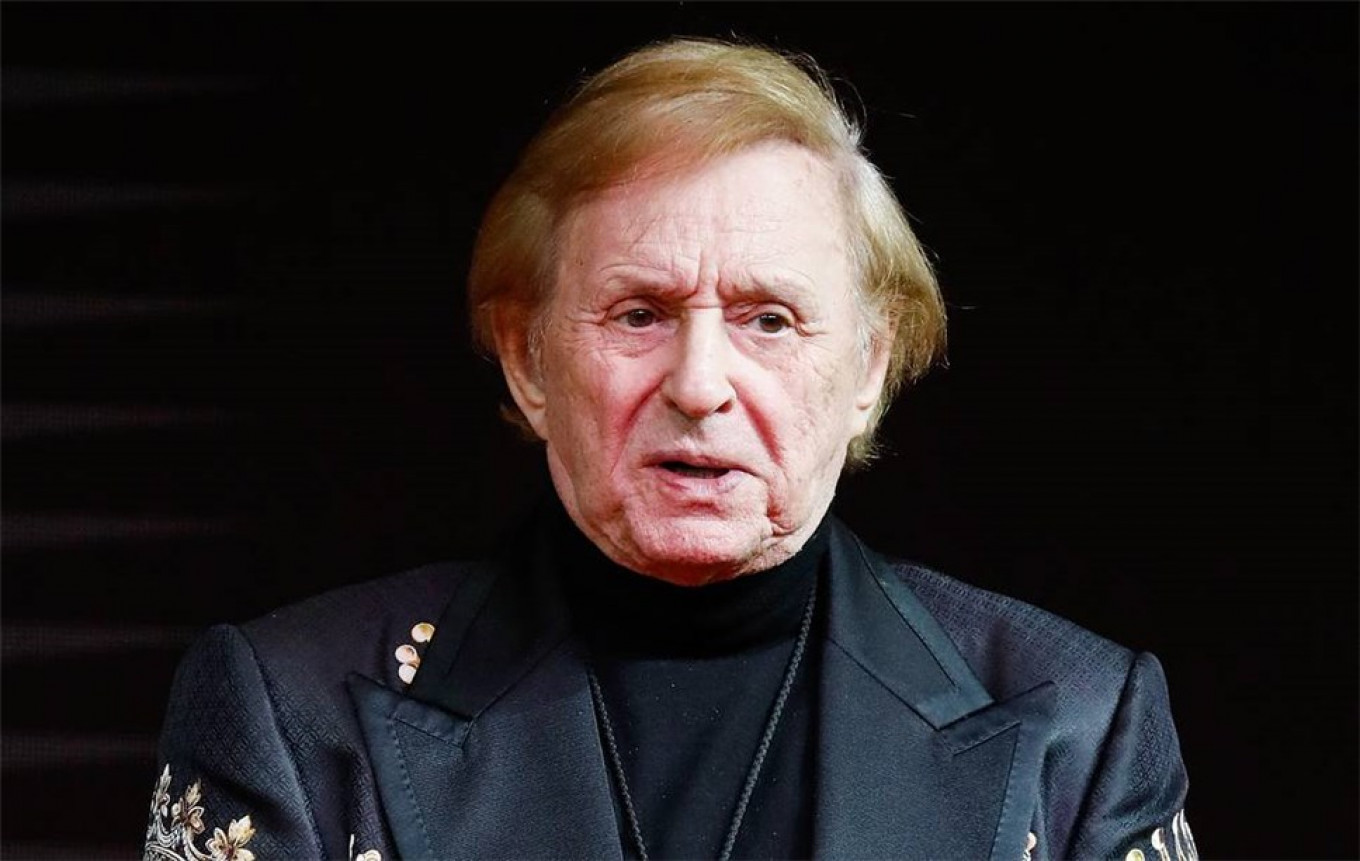
Roman Viktyuk
The renowned Russian theater director Roman Viktyuk passed away on Nov. 17 from coronavirus at the age of 84. He was the director of the Roman Viktyuk Theater in Moscow, which was famous for its vibrant, edgy, ebullient productions. Over his career he staged more than a hundred performances and several dozen TV films in many countries. He was buried in Lviv, Ukraine, where he was born.
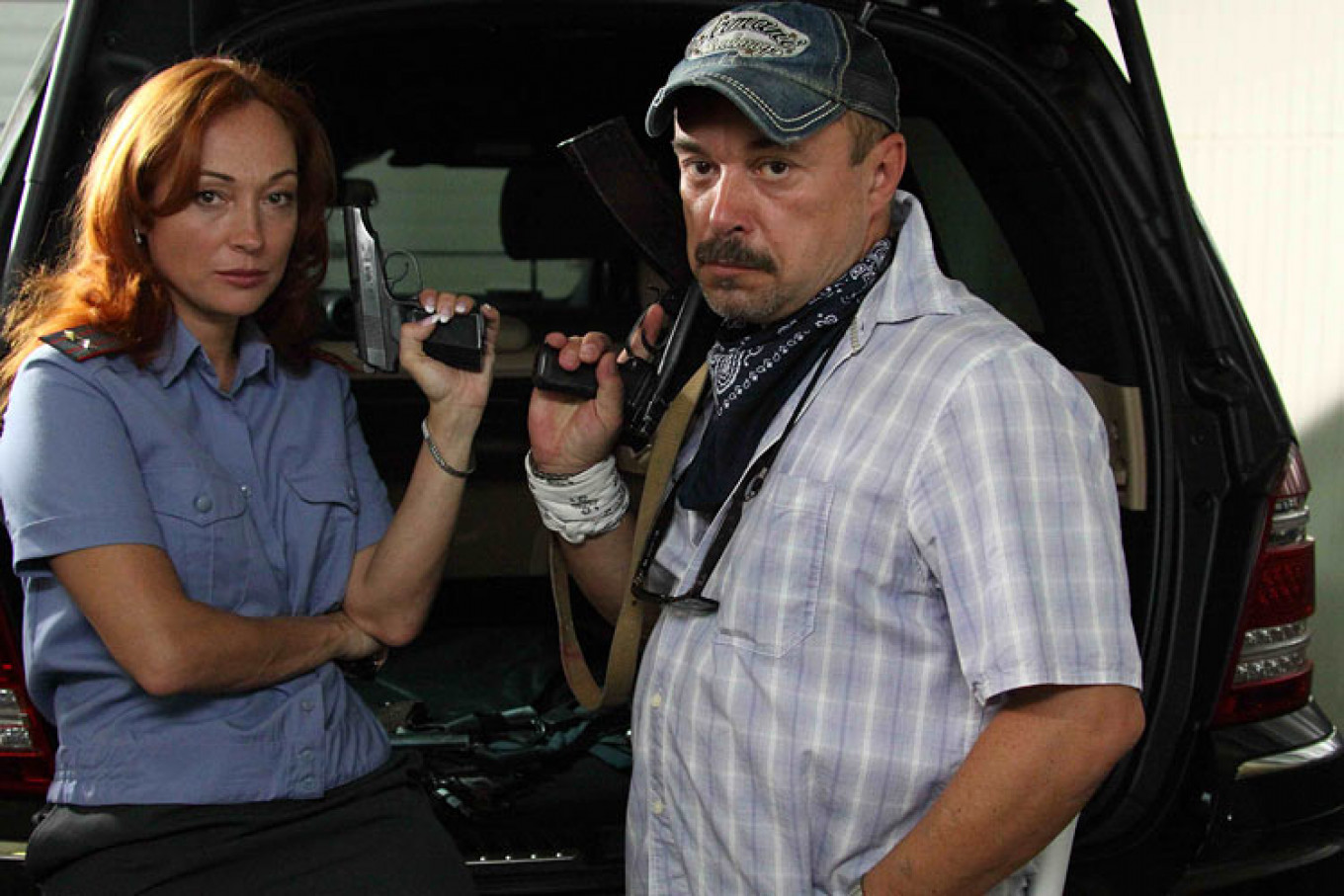
Georgy Gavrilov
The television producer, director and actor Georgii Gavrilov died on Nov. 24 from coronavirus. He was 60 years old. After working as an actor in his youth, Gavrilov went behind the camera to direct and produce many television projects for Discovery, MTV and HBO as well as for the Russian media. He also directed television projects for Russian media and nearly 200 music videos for Russian and foreign artists, including for Mariah Carey. He was buried in Moscow.
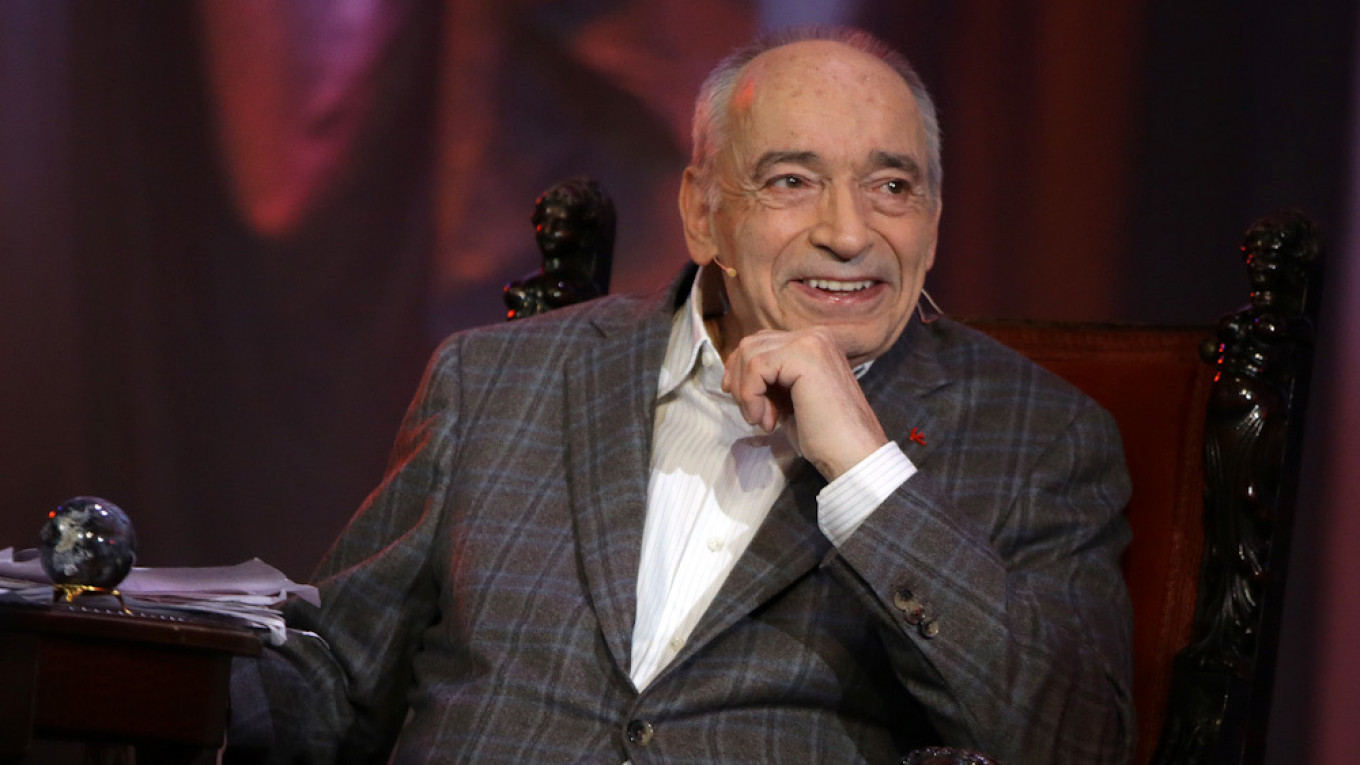
Valentin Gaft
Popular Soviet and Russian actor Valentin Gaft died on Dec. 12 at the age of 85 after suffering a long illness. Gaft was born in 1935 in Moscow and graduated from the Moscow Art Theater School in 1957. During his long and productive career, he worked at many Moscow theaters before joining Sovremennik in 1969, where he worked until 2019. He had roles in such iconic Soviet-era movies such as ”Centaurs” (1979); "The Sorceress" (1982); “Through Main Street with an Orchestra” (1986); "Put In a Word for the Poor Hussar" (1987). But he was most famous for playing Chairman Sidorkin in the iconic Eldar Ryazanov comedy “Garage” (1980). He was buried at the Troekurovskoe cemetery in Moscow.
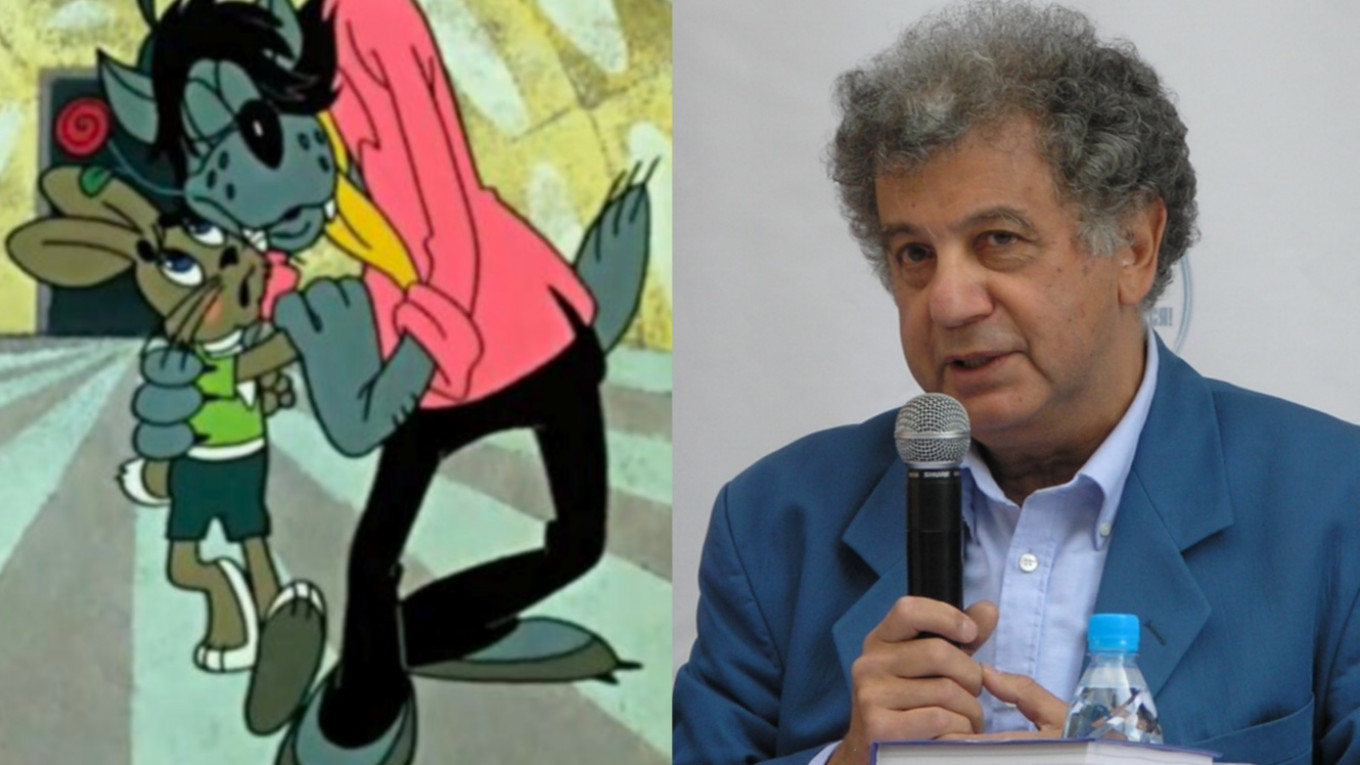
Alexander Kurlyandsky
Alexander Kurlyandsky, creator of the "Nu, Pogodi!" ("Just You Wait!") cartoon series and dozens of other popular animated films, died on Dec. 20 at the age of 82. In 2014 "Nu, Pogodi!" was voted the most popular cartoon series of all time in Russia. Over the course of his long career, Kurlyandsky created and wrote over 40 animated series, including "The Return of the Prodigal Parrot" starring Kesha, and "The Great Gosha," a series for adults about a Soviet everyman. In addition to his prolific work for the small screen, Kurlyandsky wrote many books for children as well as adults.
A Message from The Moscow Times:
Dear readers,
We are facing unprecedented challenges. Russia's Prosecutor General's Office has designated The Moscow Times as an "undesirable" organization, criminalizing our work and putting our staff at risk of prosecution. This follows our earlier unjust labeling as a "foreign agent."
These actions are direct attempts to silence independent journalism in Russia. The authorities claim our work "discredits the decisions of the Russian leadership." We see things differently: we strive to provide accurate, unbiased reporting on Russia.
We, the journalists of The Moscow Times, refuse to be silenced. But to continue our work, we need your help.
Your support, no matter how small, makes a world of difference. If you can, please support us monthly starting from just $2. It's quick to set up, and every contribution makes a significant impact.
By supporting The Moscow Times, you're defending open, independent journalism in the face of repression. Thank you for standing with us.
Remind me later.


